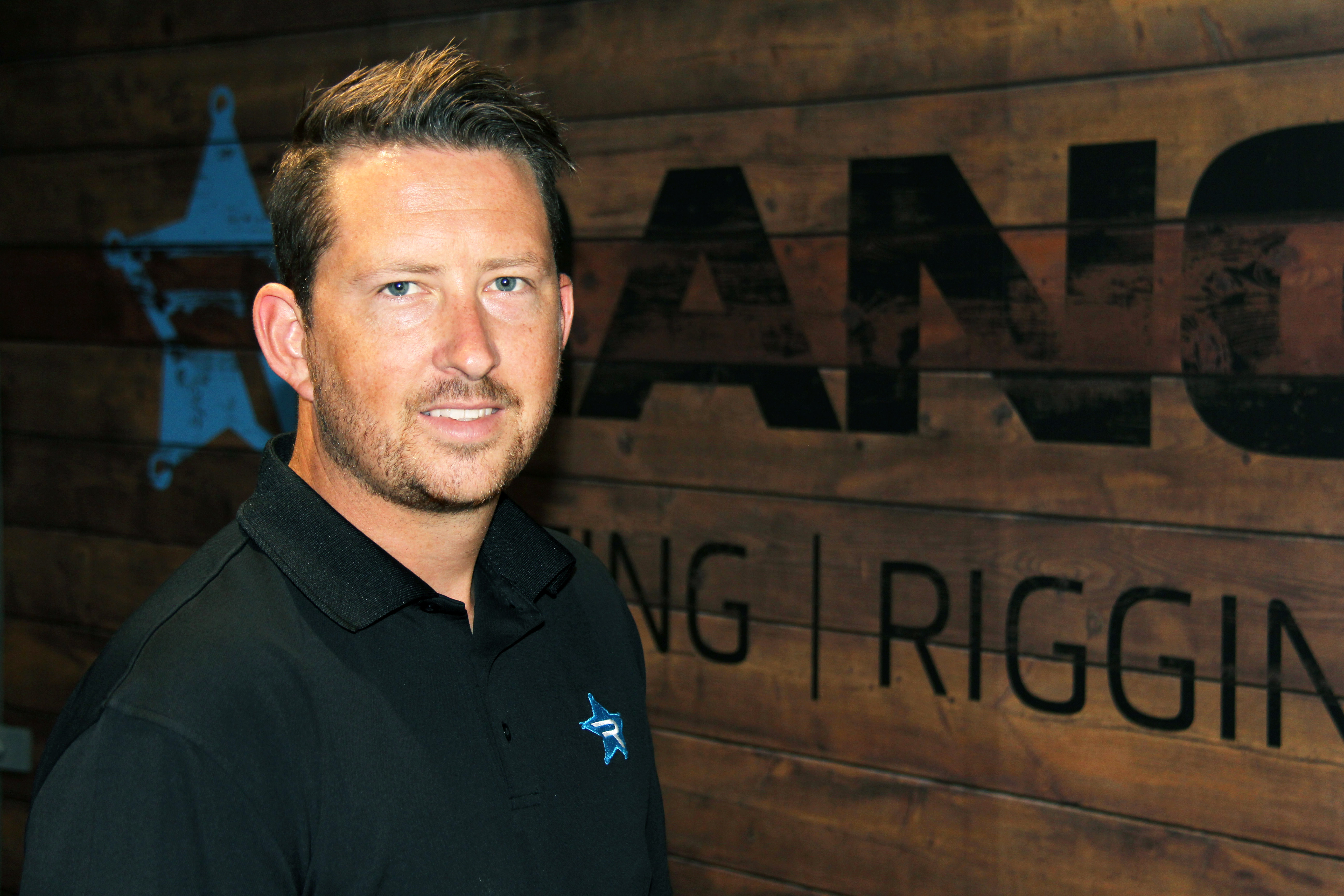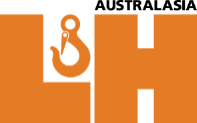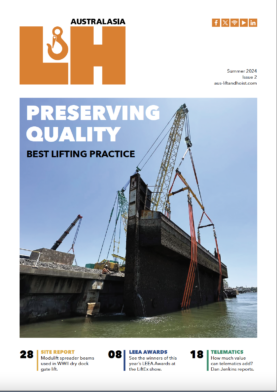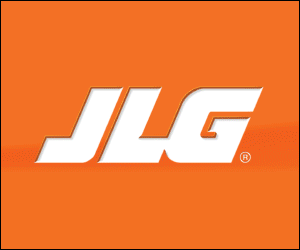)
Perfect Ten
Seven things we have learnt in the last six months—and three things we would tell our pre-Covid selves.
The best companies have treated this year as an opportunity; we are no different.
It’s evident that businesses that were able to take decisive action eight months ago are better off now. It was important not to panic though because, as we look at below, this year has taught us a lot about what is right about our businesses as much as it has what was wrong. Even where shortcomings have been realised, we’ve been given a better chance than ever before to put them right. So we can be too downhearted about life if we’re not careful.
Here, we have captured some key takeaways—realisations—that other businesses could still seize upon as the sand finally begins to trickle out of the 2020 hourglass:
- The two most important business attributes have been communication and flexibility.
Being upfront, transparent and on the front foot when communicating with staff, clients and suppliers has enabled us to be part of people’s proactivity in the Coronavirus era and not just share the problem.
Flexibility, meanwhile, has meant we have delivered services to customers aligned with their changing needs. At the same time, we have been flexible with staff and their families. Rigidity in both cases would have created more headaches.
- Our business is more resilient than we thought.
Even whisper the impact COVID was going to have, say, back in January and we would have been fearful that we might not survive. Perhaps we underestimated ourselves. We knew we had a good team but our ability to adapt, implement change strategies, work as a team, respond to a rapidly changing environment, listen to client and staff concerns, and be good business partners was an integral part of us weathering the storm.
As a team we came together to do whatever it took to keep the business operating as normally as possible and deliver the level of customer service that our clients expect. We wanted to support other businesses and the economy by running our company as best we could considering the circumstances. It became about more than that month’s bottom line. We didn’t focus on the negatives but looked positively at what we could do, and then went about doing it.
- Technology changes can be made quickly if you need them to be.
Think about the extent to which dynamic businesses responded to the requirements placed upon them by the pandemic. It wasn’t just a case of working from home or remotely, but we had to adopt and learn platforms like Zoom and Microsoft Teams. All these tools and resources were quickly evaluated and could be quickly and implemented where necessary. We were also quick to leverage the tools we already had in place, such as our customer relationship management (CRM) system.
- Our supply chain and stock investments were worth the risk.
Many used to advise otherwise, but our supply chain and stock investments were worth the risk.
Our accountant was always telling us that we were holding too much stock. However, when supply chain disruptions hit, it was only those with abundance of product that were able to service clients. We can’t take credit for foreseeing a global pandemic, but we certainly don’t regret the volume of shipments that we welcomed at the door.
- The level of comfort and safety an employee feels can be impacted significantly by factors not related to the workplace.
The pandemic impacted people in different ways. Someone with a terminally ill family member or young children felt much less comfortable coming into the office or visiting a site, for example. It was a good reminder that nobody’s situation is the same as the next person and we, as business owners, mustn’t assume that it is. Understanding the motivations and pressures on a workforce beyond what you can see between clocking in and home time can serve employer and worker more efficiently.
- Planning will only get you so far.
By failing to prepare, you are preparing to fail—maybe, but that doesn’t cover a pandemic.
Plans do serve as a comfort blanket for businesses but this year has proven that you can only plan so much and even the deepest of plans have their limits. As referenced above (in Point 1), more important is that the business and its leadership are flexible and responsive. You need to be able to quickly make an important decision and see it through because you have a lot of people relying on your business to support them and their families.
A plan itself doesn’t pay bills.
- The efforts made during lockdown to tackle some of those major projects will return three-fold.
For all that Coronavirus has taken from us, it has presented opportunity. Reality is, any business day or week—hour, even—is hectic and there are many jobs, no matter how important, that either get overlooked or don’t get the attention they require. For example, we invested time on business planning, content development and web strategy.
I hope that a legacy of the pandemic is that these practices continue to get the attention they deserve—at our company and all others.
In hindsight
Three things we would have told ourselves pre-COVID:
- Tech-illiterate staff are going to need to get up to speed.
Covid showed us that people need to be able to work online, from home and in a virtual environment. Those who couldn’t get up to speed with technological changes got left behind.
- The trust in your team, their ability to adapt and their drive will be tested.
There was a lot of pressure put on people to adapt and do things differently. Some were much better at it than others. Those people that struggled to motivate themselves found it extremely difficult and it negatively impacted those around them and in turn the business.
- Understanding the depth of our customers’ financial position and their business is going to be even more important.
We didn’t want to be like other businesses who were asking for up-front payments from long-term customers and refusing to supply others. We wanted to do the right thing by our customers and suppliers and have them do the right thing by us. Our accounts department, however, had to work overtime to ensure we were completely across the financial position of those we were doing business with and their ability to pay.









